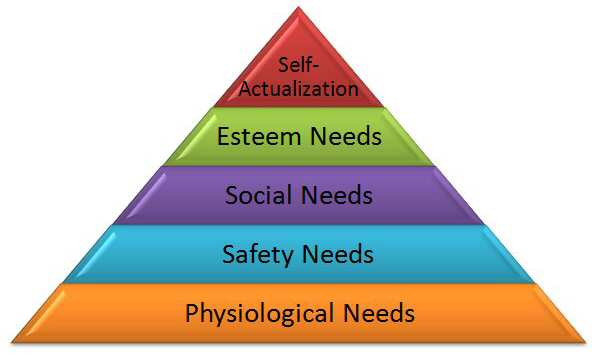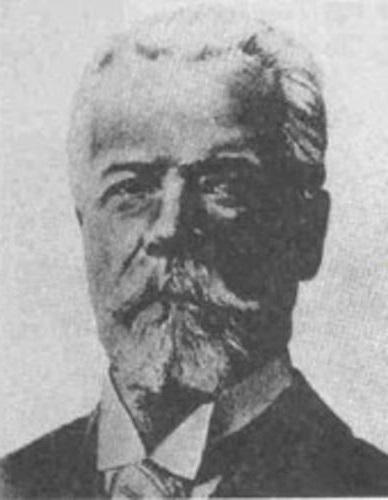Systems approach to management developed after 1950. Many pioneers during as E.L Trist, AK Ria, F.E. Kast, and R.A Johnsm have made significant contributions to this approach.
This systems approach looks upon the management as a ‘System’ of as an organized whole make up of sub-systems integrated into a unity or orderly totality. The attention should be given so overall effectiveness of the system rather than effectiveness of any sub-system if isolation. It took where management process school left off in attempting to unify management theory. It emphasizes the inter-relatedness and inter-dependence of all activities within an organisation. It is based on system analysis.… Read the rest


